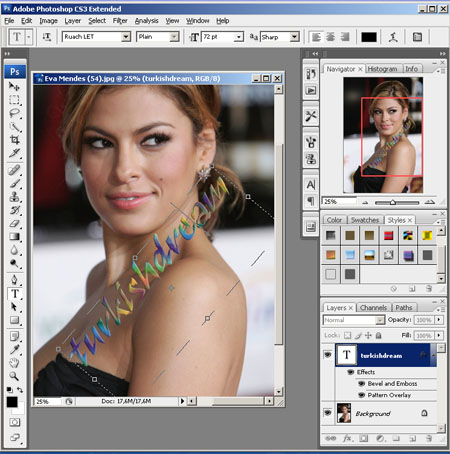
Despite public outcries against Cleo magazine for its use of Photoshopped images and lack of ‘real women’, industry experts have argued consumers wouldn’t buy magazines that stopped using Photoshop.
In recent weeks, Cleo has faced acrimonious social media comments calling for a ban on its use of Photoshop, with many arguing retouched images promote ‘unrealistic ideals’ for readers. Some pledged to stop buying the title if it didn’t initiate change.
The slew of Facebook and Twitter hate followed a Change.org petition started by 20-year-old Melbourne student Jessica Barlow, who labelled altered images a possible cause of eating disorders, depression, bullying and body image issues among young women.
However, print experts have said the use of Photoshop in magazines helps sales and readership.
MediaCom head of implementation, planning and investment Nick Keenan told AdNews: “If magazines stopped using Photoshopped images, no one would buy them. It’s not unlike Hollywood blockbusters. If production companies used street cameras and no special effects, no one would see the film.
“It’s okay to show the real world to promote social awareness, but at the end of the day, consumers want the package wrapped in pretty paper.”
Meanwhile, OMD head of print Simon Davies argued: “Titles want the images that look the best, and the majority of people don’t have an issue with that Enhancing the photograph is very much a part of what magazines will continue to do.”
JMK chief executive Julian Martin said despite the negativity, it is possible the war on digitally altered images is an opportunity for Cleo to lead social change. “The controversy is either a small grass fire on the side, or the beginning of a more serious movement,” he said. “[But] it sounds as though Cleo is at the beginning of acknowledging the legitimacy of the issue.”
Just this week, Nine Entertainment Co. sold Cleo’s publisher, ACP, to German company Bauer for $500 million – $100 million less than the anticipated $600 million price tag.

No comments:
Post a Comment